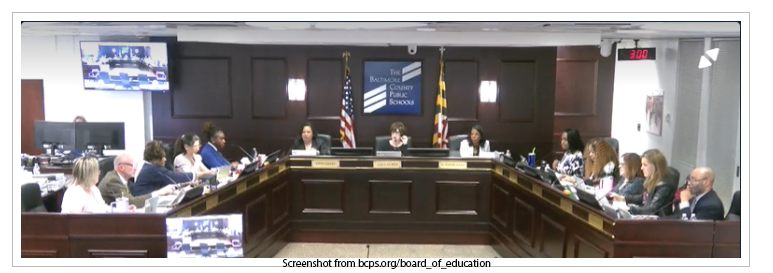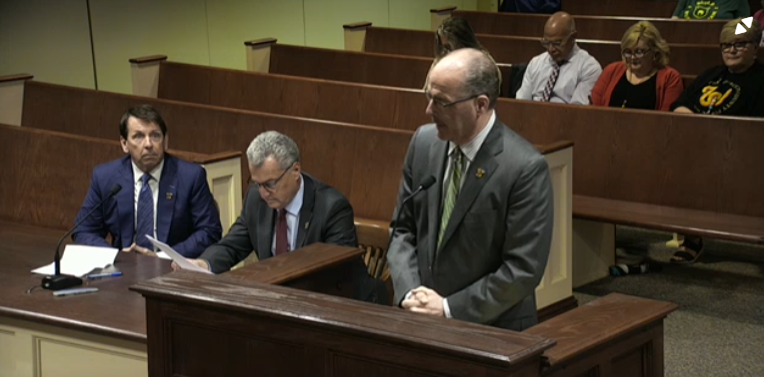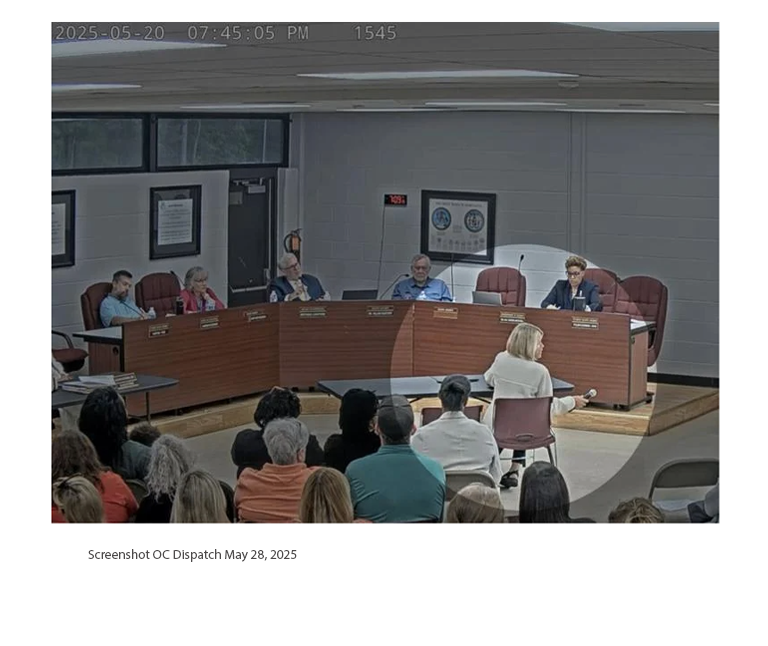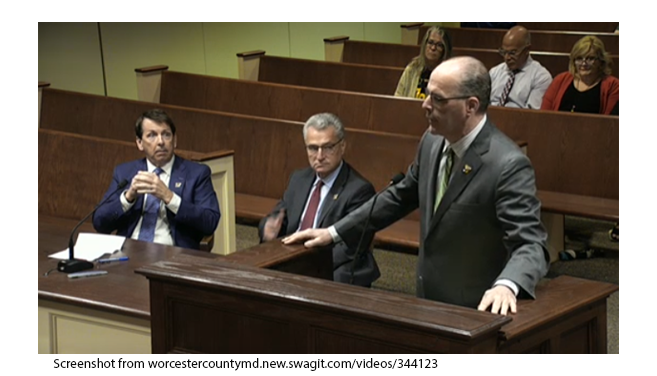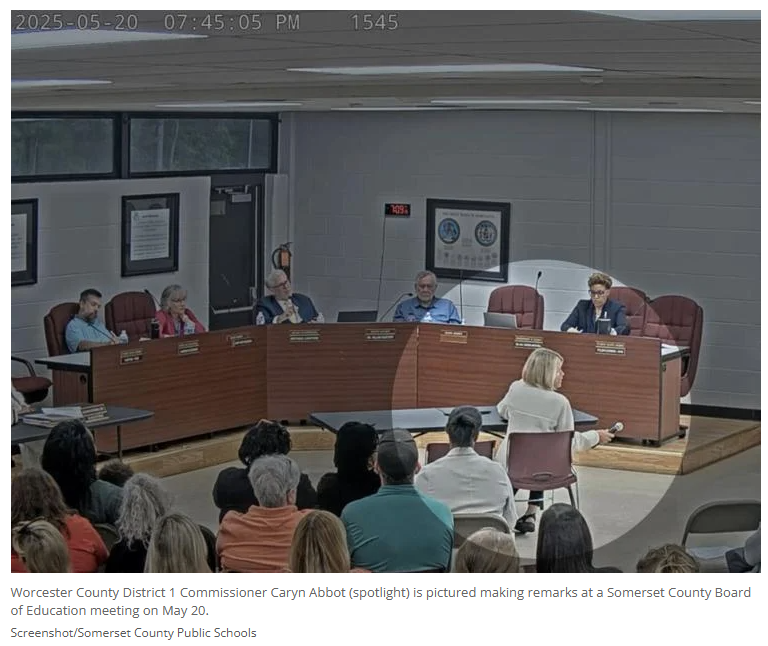
Laws on Trans, Nonbinary Student Pronouns Put Teachers in a Bind
At the start of each school year, Brian Kerekes, a high school math teacher in Osceola County, Fla., has a list of questions he asks his students.
It always includes, what are your pronouns? But a new Florida law that emulates laws that have been passed in at least eight other states says that he would be free to ignore his students’ responses if they don’t align with the sex they were assigned at birth.
“I just want the kids to know that I respect them for who they are and what they bring to the classroom,” he said.
Teachers and students don’t have to use students’ pronouns and names at school if they don’t align with the sex they were assigned at birth, under legislation passed by lawmakers in Alabama, Arkansas, Florida, Indiana, Iowa, Kentucky, Montana, North Dakota, and Utah since last year.
Teachers who spoke with Education Week said the laws risk endangering trusting relationships they have with their students and hyper-politicizing the teaching profession, which they say could dissuade prospective teachers from opting for a career in education.
All of the laws have been championed by Republican lawmakers, and are part of a larger, national push restricting the rights of transgender, nonbinary, and gender-nonconforming students, whose access to school bathrooms and participation in school sports has also been limited in several states by state laws or district policies. The laws target a small subset of America’s public school students who already report experiencing higher levels of bullying and harassment at school than their cisgender peers and more challenges with their mental health.
However, proponents say the laws protect the First Amendment rights of teachers and the rights of parents to direct their children’s education.
“Currently, public schools have violated parental rights by leaving parents in the dark regarding their own children,” state Rep. Lori VanWinkle, a North Dakota Republican, said during an April 3 House floor debate in support of a new law in her state that requires schools to inform parents if a student requests to go by pronouns or a name other than the one they were given at birth. “The question before us is: are we going to protect parents’ rights, teachers, and government entities, or allow social ideologies to take precedence?”
What the laws say
In Florida and Kentucky, teachers will no longer be required to use students’ pronouns or names if they do not correspond to their sex assigned at birth. The Florida law, signed by Republican Gov. Ron DeSantis on May 17, requires public schools to pass policies declaring that a “person’s sex is an immutable biological trait and that it is false to ascribe to a person a pronoun that does not correspond to such person’s sex.”
It not only allows teachers to refuse to use students’ pronouns if they don’t align with their sex assigned at birth, but also prohibits teachers from sharing their own pronouns if they don’t align with their sex assigned at birth.
Three other laws, in Indiana, North Dakota, and Utah, require teachers to notify parents if students identify as transgender, or—as the Indiana law passed in early May puts it—use pronouns “that correspond with their gender, not their sex.” A newly codified law in Iowa, which Republican Gov. Kim Reynolds signed May 27, similarly requires administrators to notify parents if a student asks to use a new name or pronouns.
The pronoun policy is among a package of changes that Reynolds characterized in a news release as “transformational education reform that puts parents in the driver’s seat, eliminates burdensome regulations on public schools, provides flexibility to raise teacher salaries and empowers teachers to prepare our kids for their future.”
Finally, under a new Montana law, schools will not be able to punish students for intentionally or accidentally misgendering transgender students, or using their dead names (names trans people used prior to transitioning) unless it rises to the level of bullying.
This is not the first year a law restricting teachers from using trans and nonbinary students’ pronouns has passed. An Alabama law passed last year requires counselors, teachers, principals and other administrators to inform a student’s parents if they disclose that they may be transgender.
A blow to teacher morale
For teachers, the pronoun laws bring up a host of concerns.
Nick Archuleta, a former high school teacher in Bismarck, N.D., and president of North Dakota United, the state’s teachers’ union, said the North Dakota law, which Republican Gov. Doug Burgum signed May 8, takes away local control and threatens teacher-student relationships.
“We have in our country a system whereby we elect school boards because they’re the ones closest to the people that they’re serving in their districts,” said Archuleta, who no longer works in the classroom after becoming the union’s president. “What we’re seeing here in North Dakota and in other states across the nation is what we believe is an overreach of authority.”
In addition to the law that requires schools to notify parents about a student’s “transgender status,” the state recently passed other laws targeting transgender youth. Those laws prohibit trans youth from playing sports that align with their gender identity and seeking gender affirming care.
Taken together, the laws put teachers in a difficult position, in which they can no longer serve as a trusted confidant for students, Archuleta said.
“It really puts teachers in a bind,” he said. “We all know that good education is predicated on good relationships. We want students to be able to trust their teachers. We want students to be able to talk to their teachers or counselors about things that may be problematic for them at home.”
Archuleta doesn’t buy the argument for parents’ rights that lawmakers have used to justify the bills.
“This is not anyone trying to usurp parental rights,” Archuleta said. “It is about trying to create an environment where a child feels safe and trusted and trusting so that they have the best opportunity to learn.”
Many schools are feeling the impacts of teacher shortages, and enrollment in teacher preparation programs is lower than it was a decade ago. Laws that politicize the profession will ultimately further damage morale and threaten the education system as whole, said Chris Dier, a U.S. history teacher at Benjamin Franklin High School in New Orleans, La.
“People want to get into teaching because they want to make a change in their community, because they enjoy [spending] their time helping kids learn and grow,” he said. “But to have a profession so hyper-politicized, you can see why many people might avoid going into the classroom … So [the laws] don’t only have an impact on students and teachers, but also education as a whole.”
A bill in Louisiana that passed the state House in early May would require teachers to use a student’s pronouns that align with the sex they were assigned at birth unless the student’s parents give school staff permission to do otherwise. But even with parent permission, the bill states that school employees cannot be required to use a student’s pronouns “if doing so is contrary to the employee’s religious or moral convictions.”
The bill is pending in the state Senate. Republicans hold veto-proof majorities in both chambers of the Louisiana legislature.
As pronoun policies make their way through state legislatures, the issue is also working its way through the federal courts.
In April, a divided appeals court upheld an Indiana school district’s 2018 dismissal of a music teacher who refused to address transgender students by their first names and pronouns for religious reasons.
The teacher is asking for a review by the full 7th U.S. Circuit Court of Appeals in Chicago.
Teachers are worried about damage to students’ well-being
Indiana’s law started as a bill modeled on Florida’s so-called “Don’t Say Gay” law, outlawing instruction about gender identity and sexual orientation for younger students. But it soon morphed into the version that Republican Gov. Eric Holcomb signed into law, prohibiting teachers from using a student’s name or pronouns if they are inconsistent with their sex assigned at birth without written permission from parents. It also requires schools to tell parents if their child requests such a change.
Samantha Wood, a high school English teacher in the Noblesville school district, is worried about teachers’ ability to follow the newly passed law while still respecting their students’ identities.
“I think in terms of impact, you’re going to see a lot of teachers end up either leaving the profession or leaving the district or even a state because they are going to have difficulty compromising,” Wood said. “It’s hard to completely disregard a student’s wishes if that is genuinely how they feel, especially at the high school level when they already have a good idea of who they are as a person.”
Wood cited a 2023 Trevor Project survey that found that transgender students who reported that their school respected their gender identity were less likely to attempt suicide.
“If they don’t have any area of support, including at school, our suicide rates in that particular population skyrocket,” she said. “And so I fear that this particular law is going to cause that number to go up.”
In Florida, educators were already unsure whether they should avoid talking about students’ pronouns and gender identity due to state law restricting instruction on those topics. Then, lawmakers passed the law specifically addressing school employees’ use of students’ pronouns, which was part of legislation that extended a prohibition on instruction about gender identity and sexual orientation through 8th grade.
“I think it’s a concerted effort to diminish or even erase the LGBT community,” Kerekes, the math teacher from Osceola County, said.
“Long term, my concern is that … if students who identify in various ways or who are not sure how they identify may not see any classroom as a safe space, that could exacerbate the mental health issues we’re already having in our schools.”
Kerekes, who is also part of the LGBTQ+ community, displays a pride flag and a poster about LGBTQ+ identities in his classroom. He said he does not plan to remove those because of state law, nor does he plan to stop asking students what their pronouns are, because those actions send a message that his classroom is a safe space.
“I think that at the end of the day, if the parents and guardians maintain a dialogue with their educators, they’ll find that we want to be supportive in any way that we can,” he said.
Dig Deeper With Our Longreads
Newsletter Sign up to get our best longform features, investigations, and thought-provoking essays, in your inbox every Sunday.
The MEN was founded by John Huber in the fall of 2020. It was founded to provide a platform for expert opinion and commentary on current issues that directly or indirectly affect education. All opinions are valued and accepted providing they are expressed in a professional manner. The Maryland Education Network consists of Blogs, Videos, and other interaction among the K-12 community.


